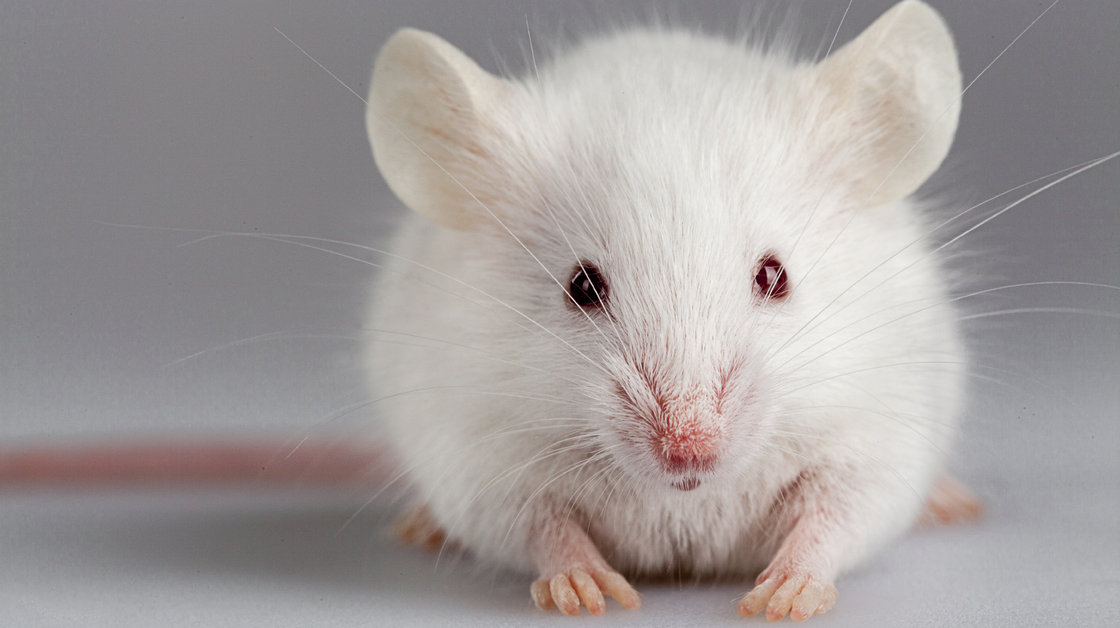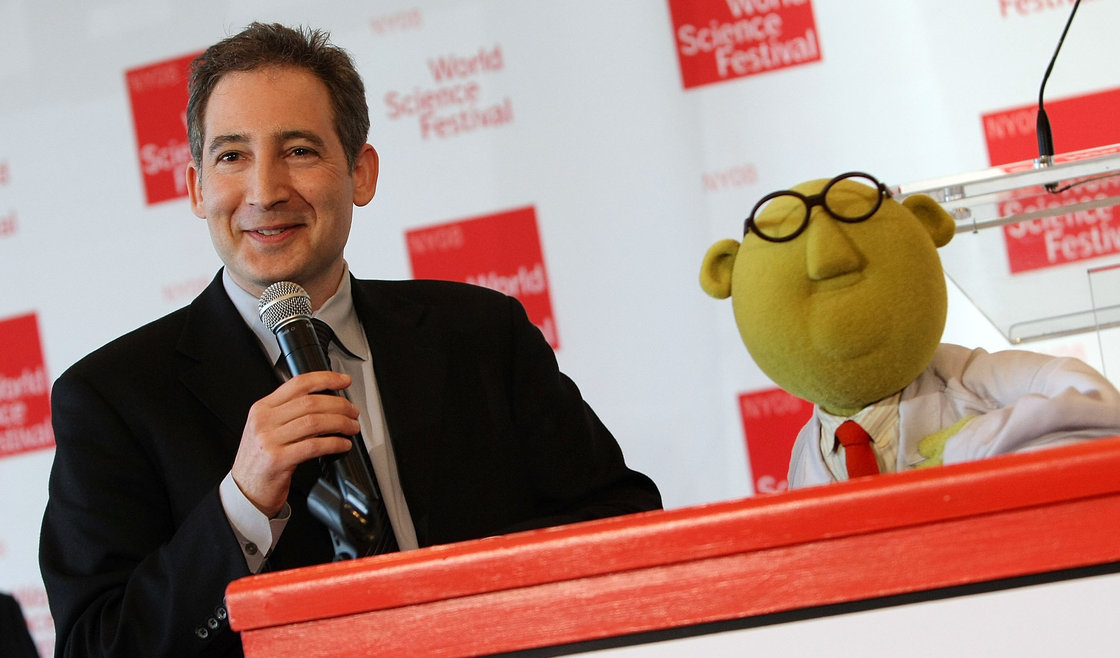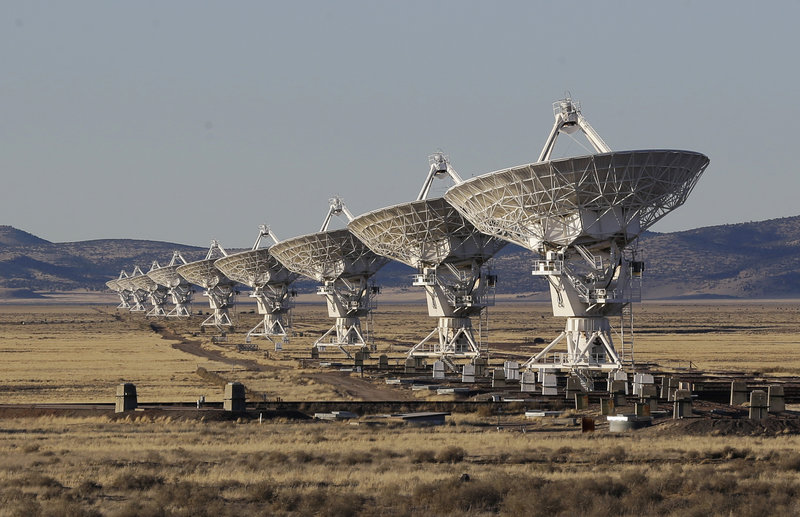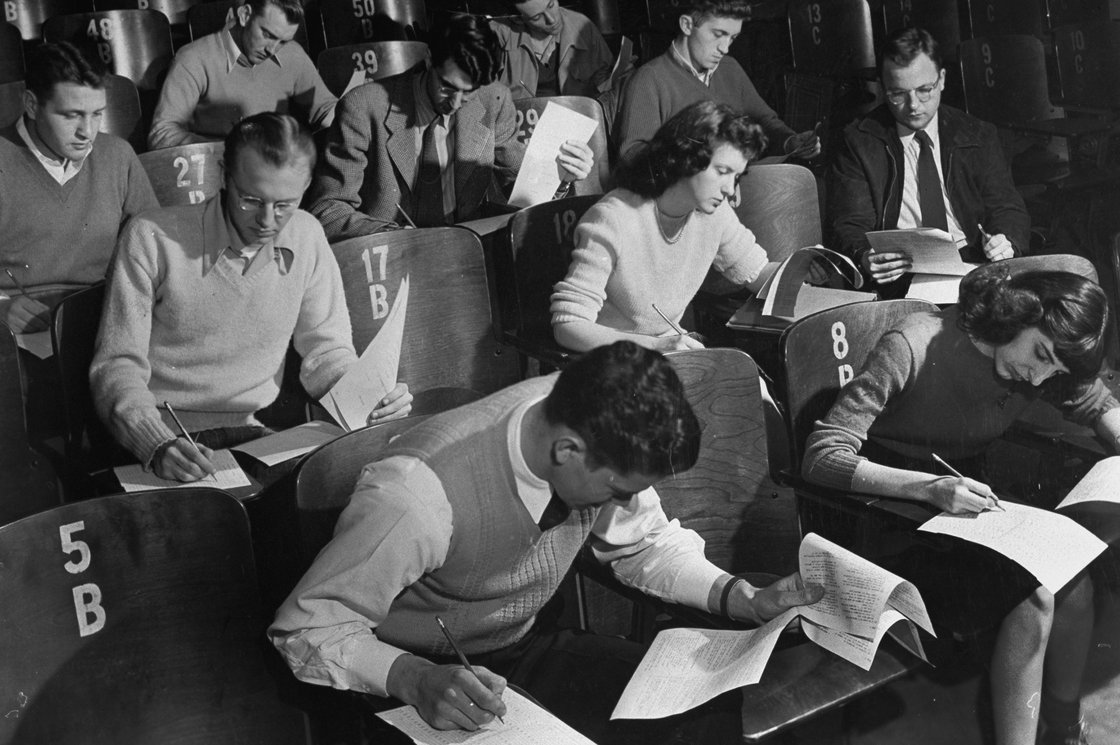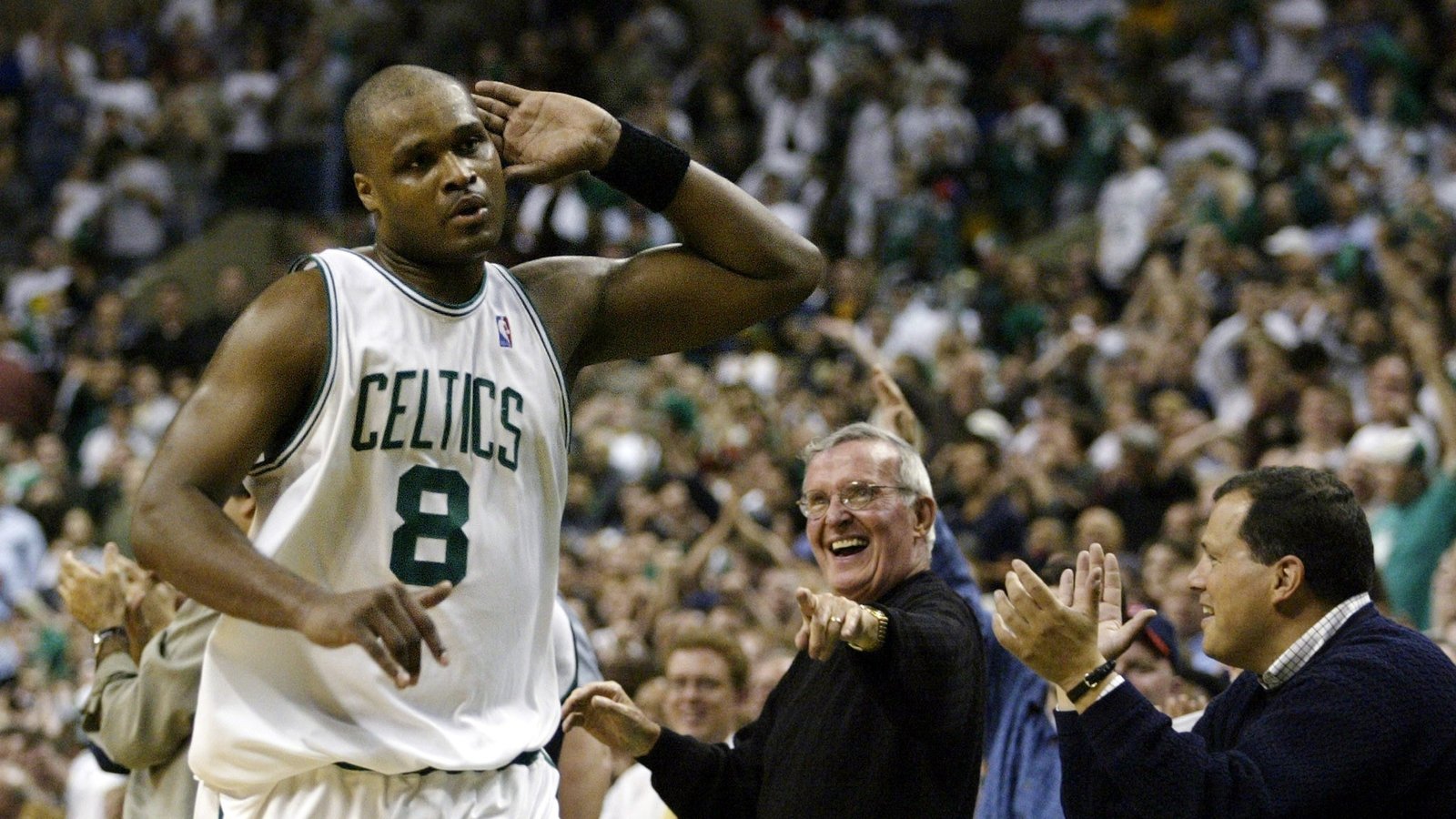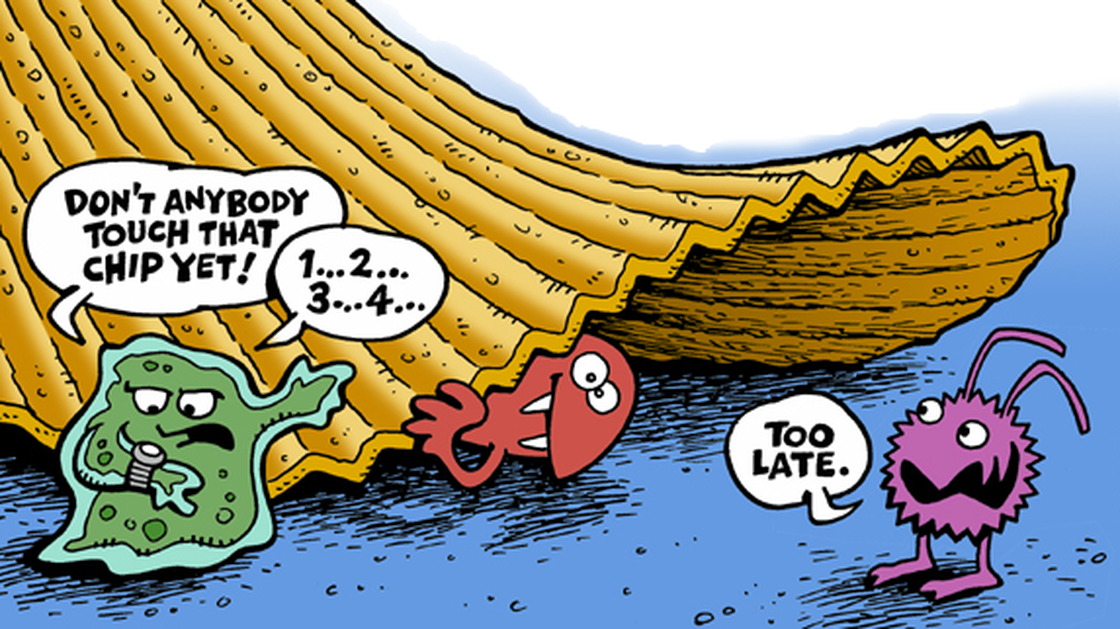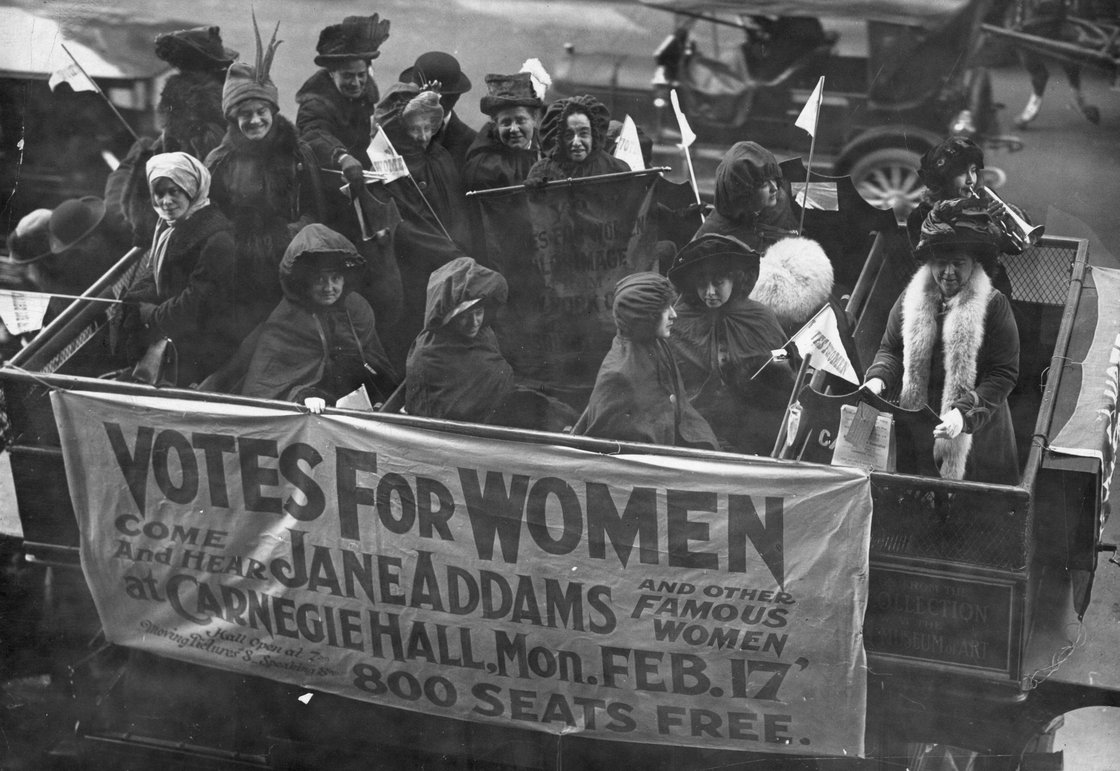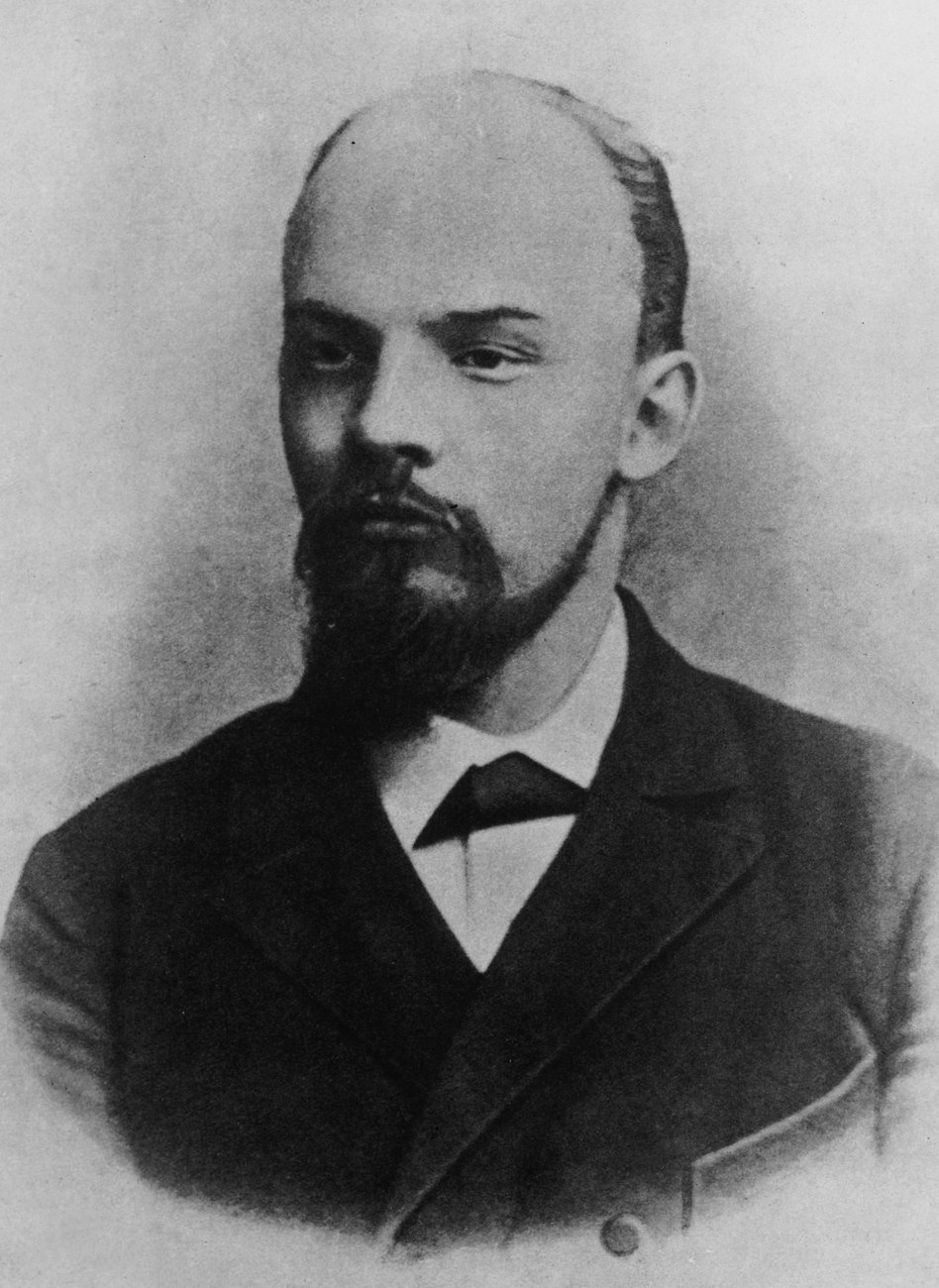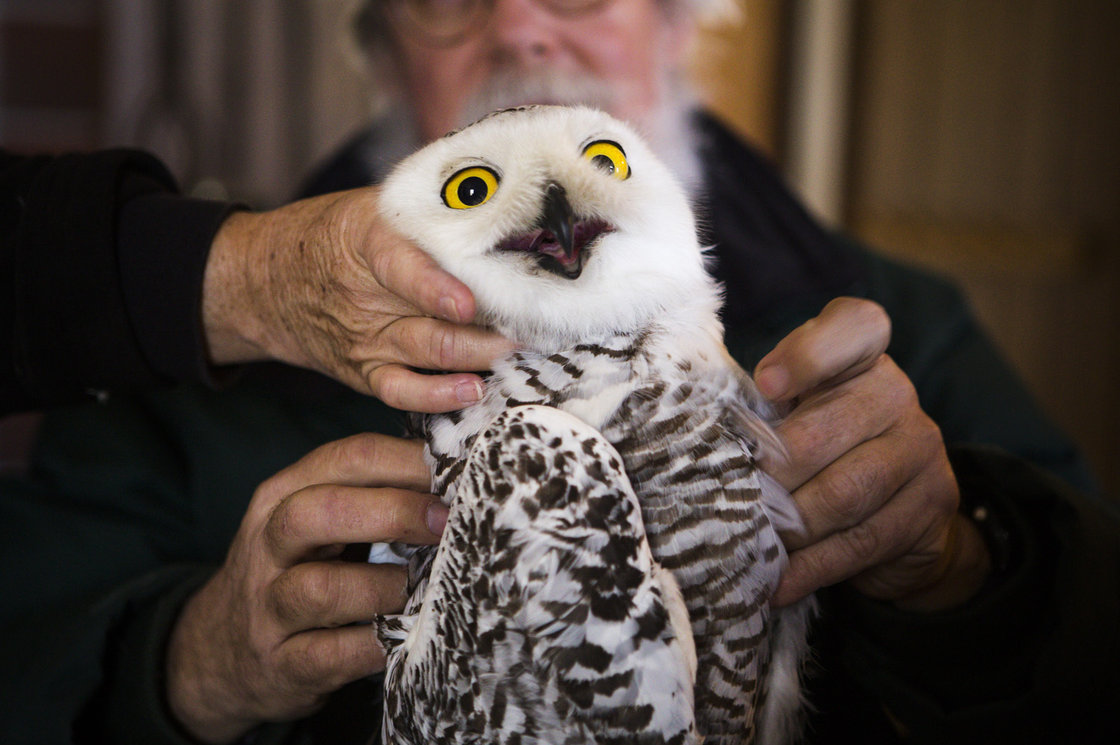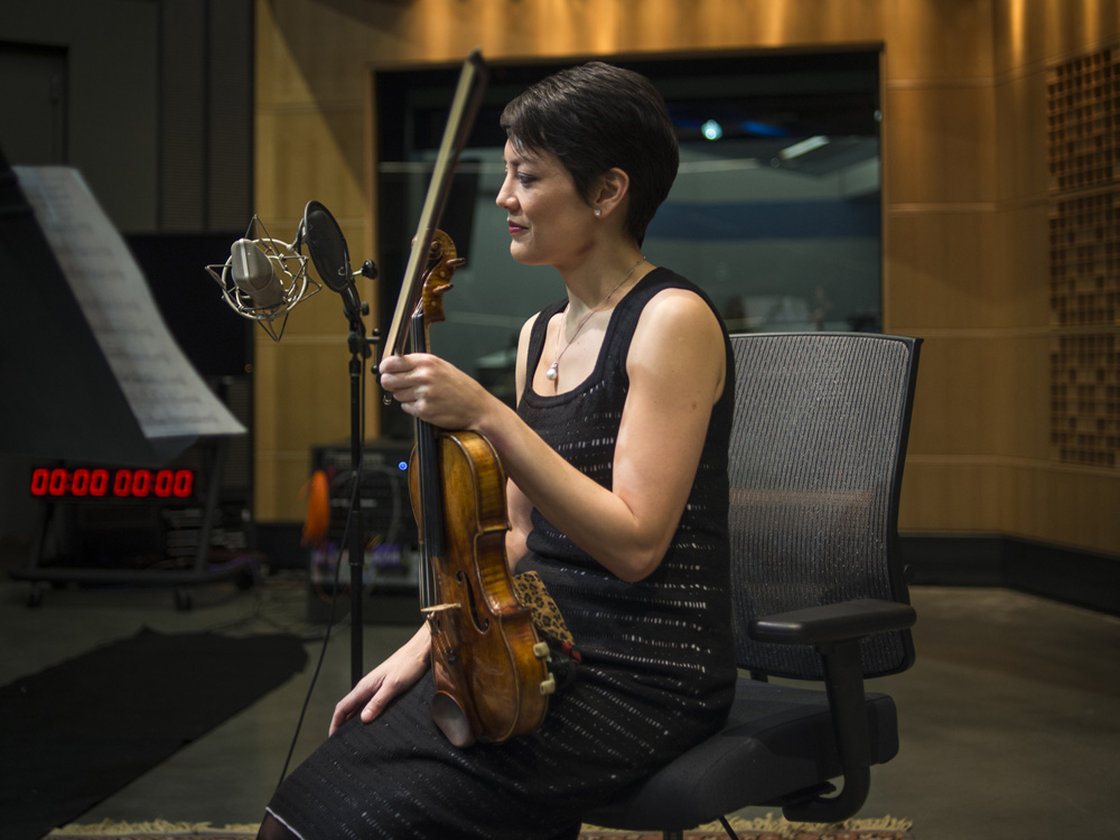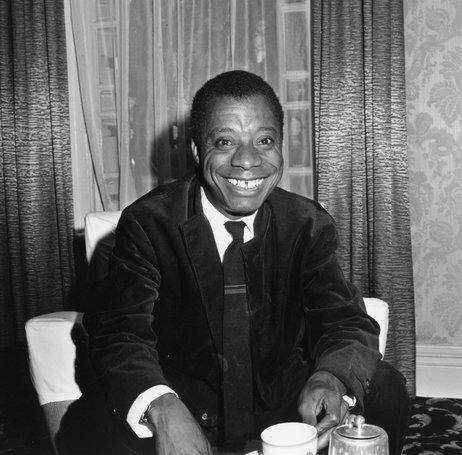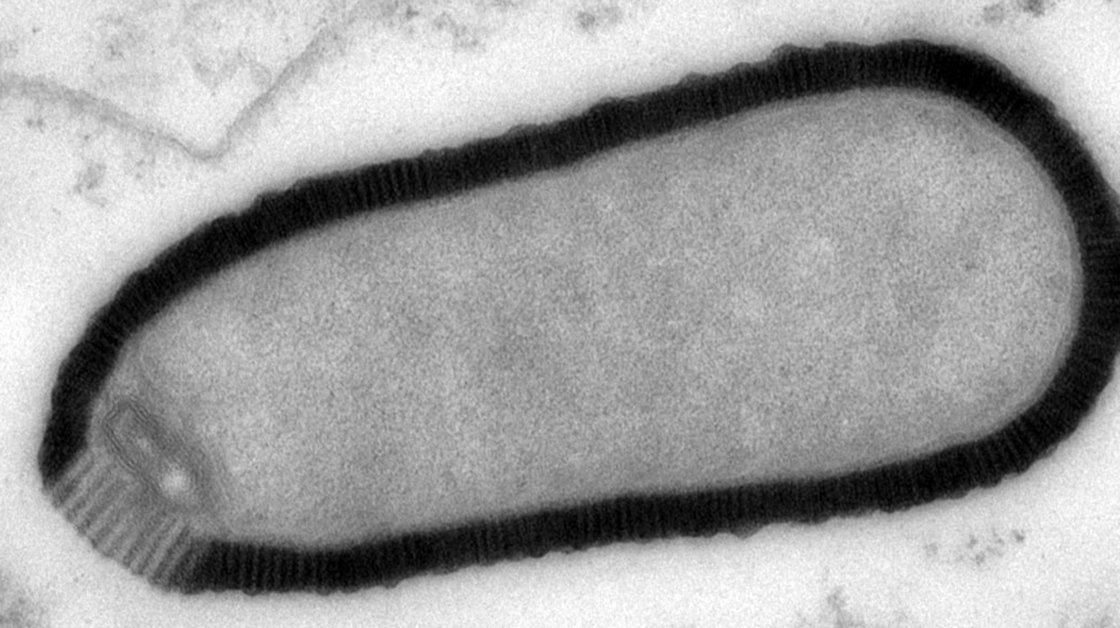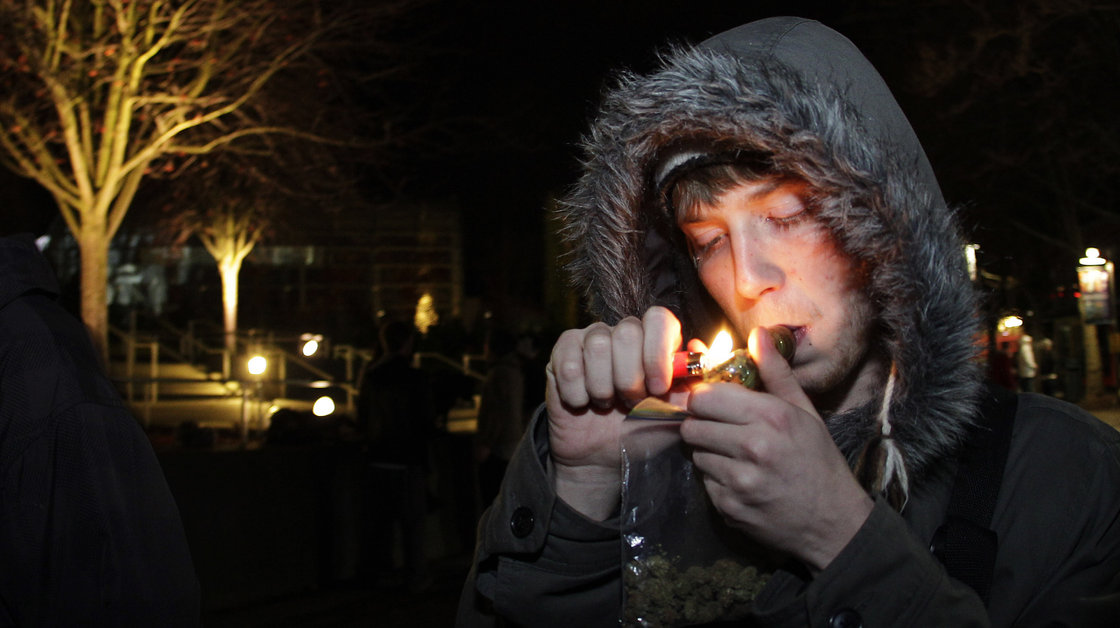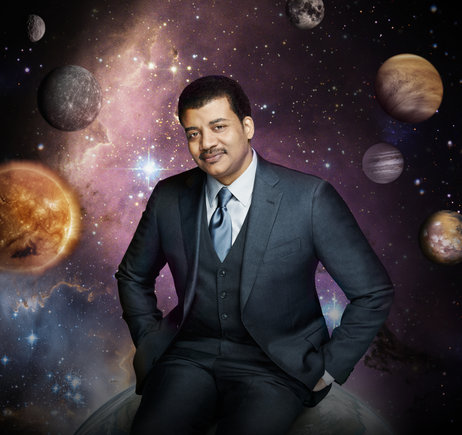 Wednesday, April 9, 2014 at 11:26AM
Wednesday, April 9, 2014 at 11:26AM 100-Year-Old Message In a Bottle Plucked From Baltic Sea
"On a nature hike along Germany's Baltic Coast in 1913, 20-year-old Richard Platz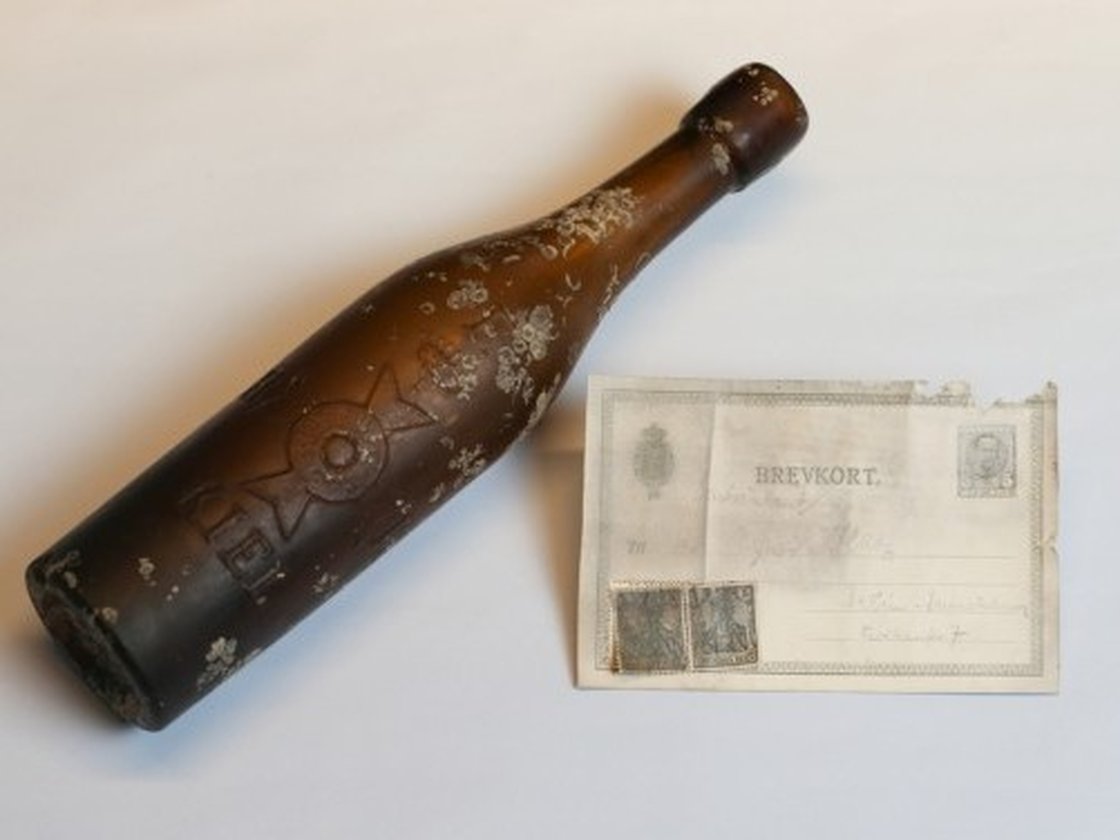 scrawled a note on a postcard, shoved it into a brown beer bottle, corked it and tossed it into the sea."
scrawled a note on a postcard, shoved it into a brown beer bottle, corked it and tossed it into the sea."
"Where it traveled, no one knows for sure, but it was pulled out of the Baltic Sea by a fisherman last month not far from where Platz first pitched it."
"It's thought to be the world's oldest message in a bottle."
